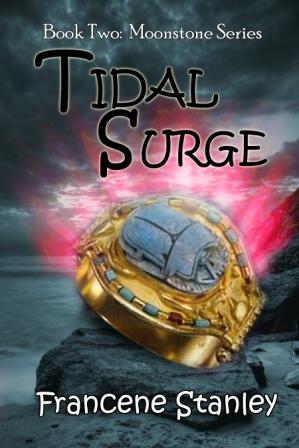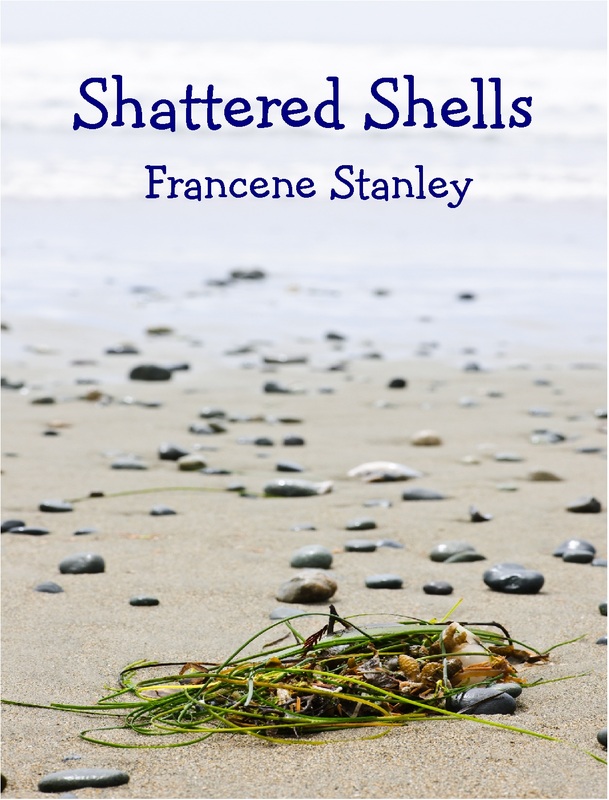
This sound serious.
From August, all 17 and 18-year-olds will be offered a new, combined vaccine that protects against the disease. The vaccine is particularly important for those preparing to leave home for university, who are at greater risk of contracting the disease.
Older students aged 19 to 25 starting university this year will also be offered the vaccine.
From spring next year the new vaccination program will target 12 to 14-year-olds at school.
There will be a catch-up program for those aged 15 and 16.
In total, three million teenagers will be offered the immunization in a bid to prevent transmission of a “highly aggressive” sub-type of the disease, following a five-fold rise in the number of cases of meningitis W.
Until recently, the strain had mainly affected the elderly, but the new bacterium is severely affecting teenagers and young people. Last year there were 117 cases, compared to 22 in 2009. In the last two years there have been 24 deaths, compared with about four a year up until 2012.
The announcement comes just months after the Government announced that all babies aged two months will be offered the lifesaving meningitis B vaccine from September.

Meningitis and septicaemia can kill in hours.
Meningitis is the inflammation of the lining around the brain and spinal cord.
Septicaemia is the blood poisoning form of the disease.
The two forms of the disease have different symptoms. People who recover from meningitis and septicaemia may be left with a range of after effects that dramatically alter their lives.
Meningitis is usually bacterial or viral, and occasionally is due to fungal infections, although almost any microbe can cause it.
Do you know the symptoms?
The first indications are usually fever, vomiting, headache and feeling unwell. Limb pain, pale skin, and cold hands and feet often appear earlier than the rash, neck stiffness, dislike of bright lights and confusion.
Trust your instincts. Someone who has meningitis or septicaemia could become seriously ill very quickly. Get medical help immediately if you suspect meningitis or septicaemia - it's a race against time.
Source: Meningitis
In 1964, I suspected my baby had caught the disease during the seven hour drive from Victoria to South Australia. We rushed her into the Adelaide hospital when we arrived during the night, but, luckily, it turned out to be flu and not life-threatening. The nurse gave me a good talking-to about the false alarm when they were busy, but said it was probably best to be safe.
Have you ever danced with death to the tune of meningitis?





 RSS Feed
RSS Feed
